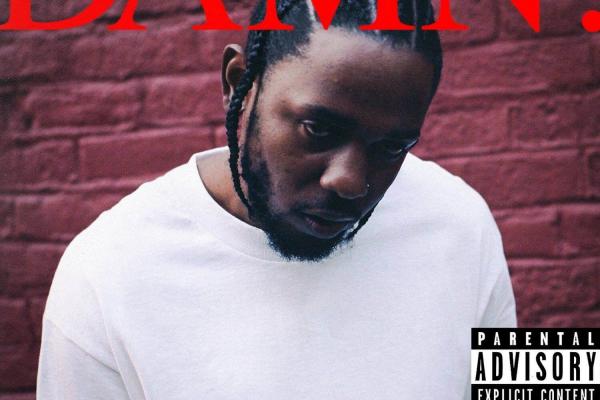Apr 14, 2017
For what the singer/songwriter/music producer Pharrell said two years ago about Kendrick Lamar is absolutely true. Kendrick Lamar is the Bob Dylan of his generation, an American storyteller on the same plane as Toni Morrison, Eugene O’Neill, Pearl S. Buck, and other U.S. Nobel Prize in Literature laureates. Why this statement may seem overblown is because of highbrow bias against hip-hop, which is to say bias against black language, black storytellers, black people. But, to quote Chuck D, the leader of the rap group Public Enemy, hip-hop is “CNN for black people.” And Lamar is the best reporter in the business.
Read the Full Article

Already a subscriber? Login
